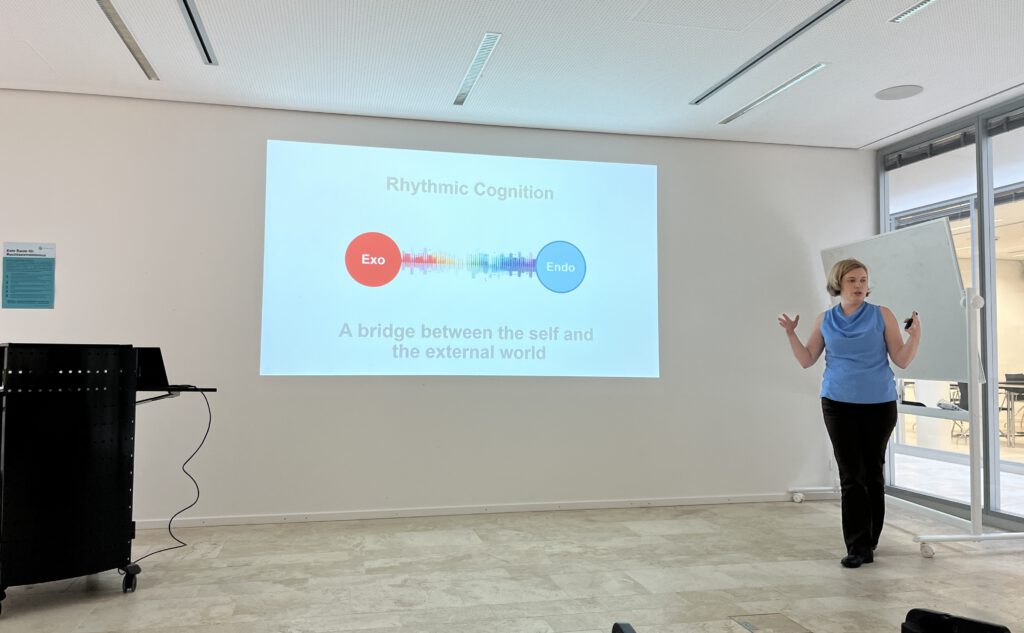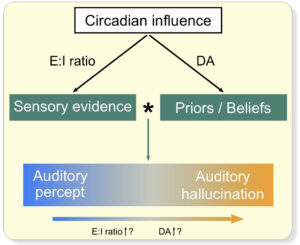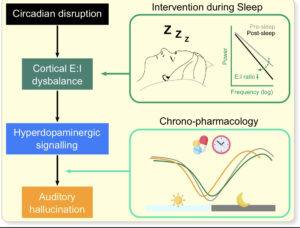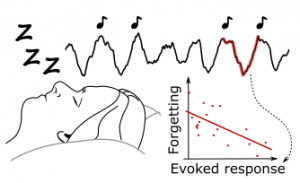These two weeks, we have been fortunate to host two superbe guest talks by Philipp Sterzer from Universität Basel and Ayelet Landau from Hebrew University of Jerusalem here at the Center of Brain, Behavior and Metabolism.
Philipp Sterzer spoke of his rich and intruiging body of work showing how the predictive perceiving mind appears to fluctuate between a more externally-oriented, evidence-seeking mode (my words, JO) and a more internally-oriented mode. Philipp’s studies continue to inspire ongoing work here at our lab, and it was a pleasure to hypothesise about the effects of Ketamine on auditory evidence accumulation. Thanks, Philipp!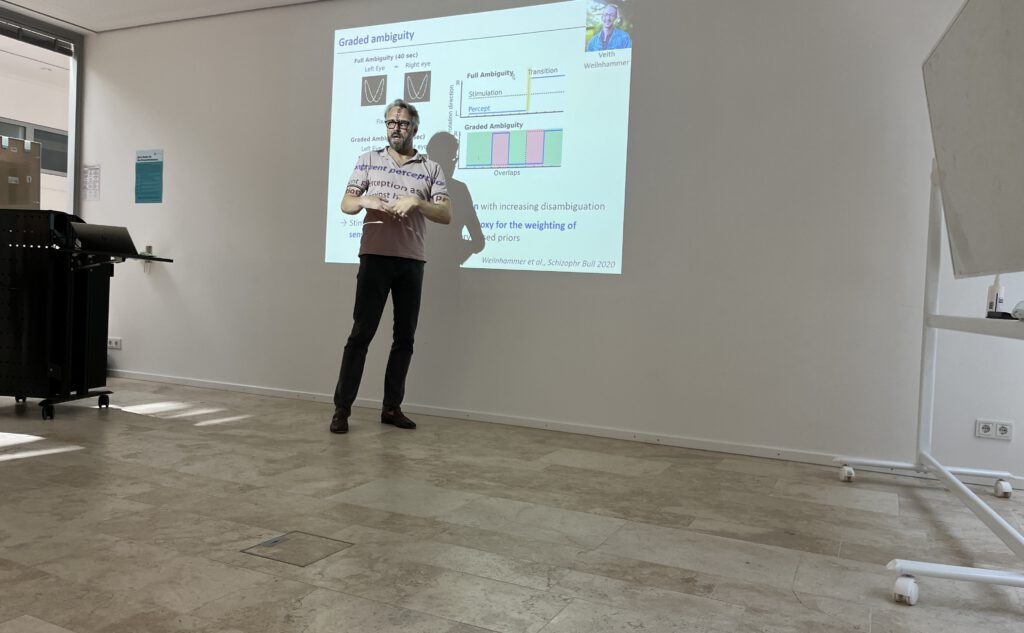 Ayelet Landau presented us with her fascinating account of how internal, endogenous brain rhythms and external, environmental (or other individuals’ brain) rhythms match up and shape the human experience – with thought-provoking links appearing between the organisation of language, states of consciousness, and not least trait-like differences from one person to another. Thanks, Ayelet!
Ayelet Landau presented us with her fascinating account of how internal, endogenous brain rhythms and external, environmental (or other individuals’ brain) rhythms match up and shape the human experience – with thought-provoking links appearing between the organisation of language, states of consciousness, and not least trait-like differences from one person to another. Thanks, Ayelet!

